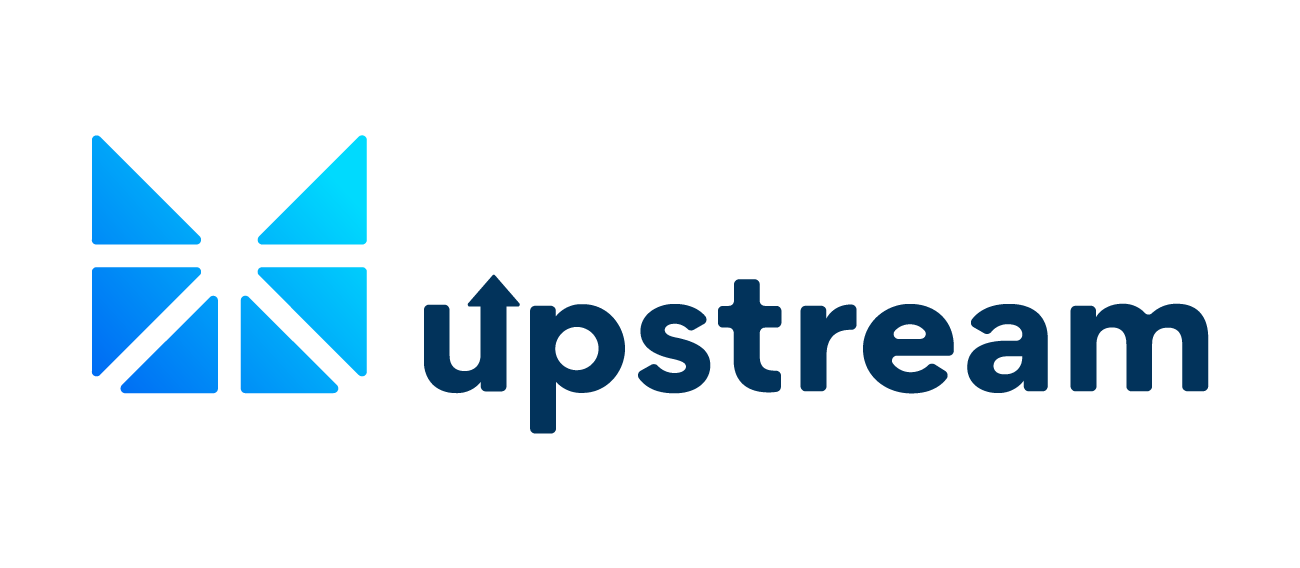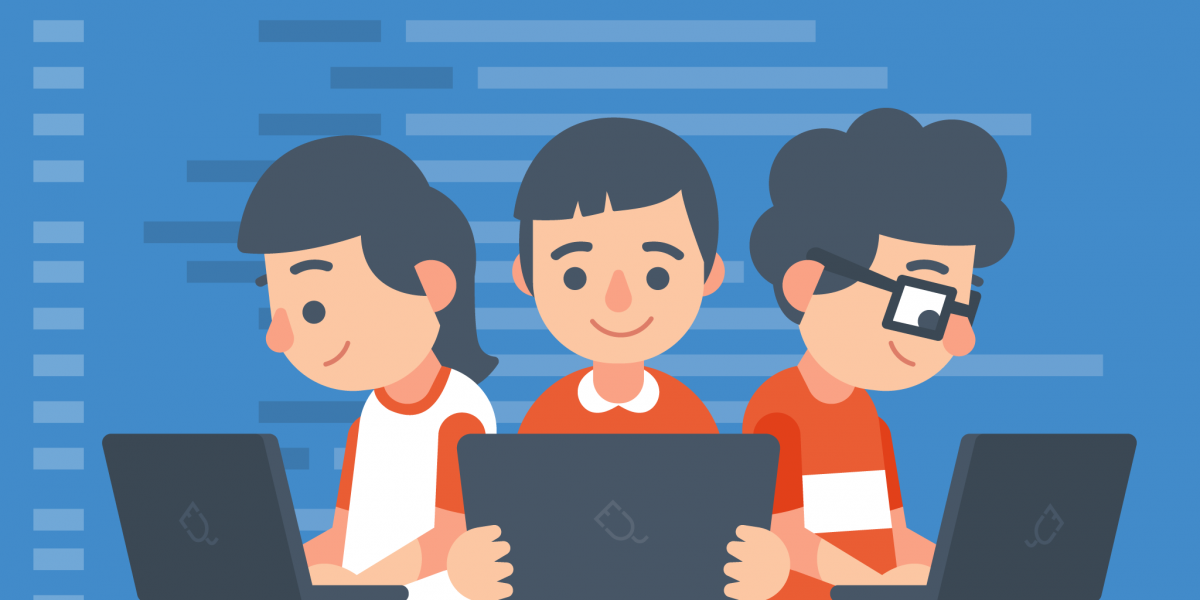By Sandra Quinn
“I want to be a firefighter,” “I want to be a doctor,” “I want to be a magician,” – when you ask a young child what they want to be when they grow up, these are some of the common answers, but now more than ever we are starting to hear things like, “I want to invent things,” “I want to code,” “I want to bring the ideas in my imagination to life,” or “I want to make computer games”.
This week as Europe Code Week takes place between October 6 and 21, there are thousands of Coder Dojo events around the country to encourage children aged between 7 and 17 to grab the mouse and keyboard and enter the intricate, fascinating world of coding, which can bring them into a wealth of possibility and imagination.
For those who don’t know much about coding or why your children might want to get involved, the Horizon Globex CTO, Dr Andrew Le Gear described it as “writing down a list of steps so that a computer can understand how to do a job.”
This surge towards working with IT is most welcome, as it used to very much be an emerging market, but now it is growing steadily and the young children of today day dreaming about working on computers, as they play with Lego and Minecraft are the ones who will be the CEO’s of our tech-centred future, dreaming up big ideas and innovations to take us into future generations.
If you are not tech savvy and notice your child wants to get into coding, getting them into Coder Dojo is a great way for them to test the waters and have fun creating their own games, designing their own virtual worlds and much more.
At a school visit during Code Week a few years ago, I met children aged between nine and ten and I was so impressed by what they could do on a computer. I remember a Polish student who had created a wonderful English language game to help his three-year-old sister to improve her English through games, word play and more. Others in the same class had created robots that could carry out various functions and there were classmates who had created games complete with characters, set designs, targets to achieve and levels to work through the ranks of.
Coder Dojo is not only for getting children interested in the IT sector at a young age, it is also invaluable for improving their concentration, dedication, problem solving, ability to work as part of a team and much more.
To create a game or code a programme, the child will have to work hard, set aside pockets of time for the project, work out how to fix various bugs or issues, test the game and then launch it. These are all fantastic skills for a child to have, no matter what area they end up training and working in throughout their adult life.
I think one sentence from the Europe Code Week sums it all up quite well; “We can bring our crazy ideas to life, build things that will bring joy to others.”
The week is run entirely by volunteers and the coordinator of EU Code Week team of ambassador volunteers, Alessandro Bogliolo, said; “From the beginning of time, we did many things using stone, iron, paper and pencil that have transformed our lives. Now we live in a different era where our world is moulded in code. Different eras have different jobs and skills demand. During Code Week, we want to give every European the opportunity to discover coding and have fun with it. Let’s learn coding to shape our future.”
For a full list of Coder Dojo events taking place in recognition of Europe Code Week, check out their website.

